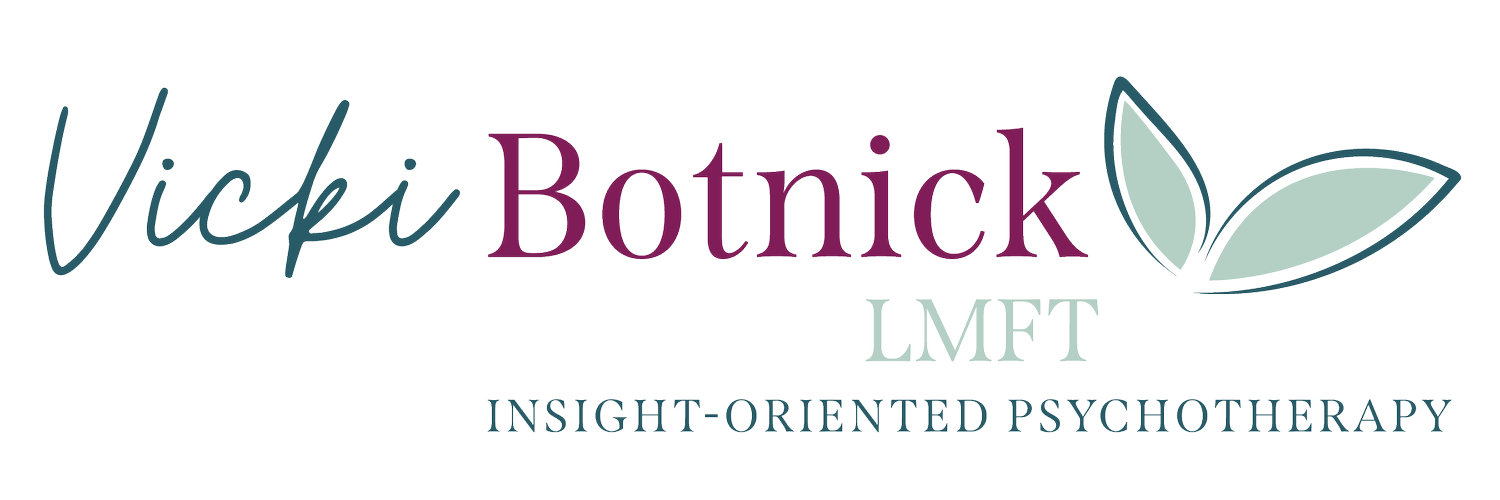It's Your Weaknesses That Make You Strong
I’ve noticed a theme in the movies and TV shows I’ve seen lately: a man fighting against malevolent forces, but most importantly, he’s doing it alone. Sometimes this character (occasionally a woman, but not often) starts out cowardly, but then grows courageous and mature, which is shown by having him strike out on his own. He’s the lone wolf fighting a bad guy, following a clue, or righting a wrong. The shorthand, which we absorb as part of our cultural language, is brave equals solitary.
In real life, though, it’s just the opposite. True bravery is opening yourself up to others. It involves being honest and vulnerable. After all, it doesn’t take much courage to hide a secret from your partner or to stay really quiet. What takes real strength is to face our deepest fears, which usually go something like this: “If they only knew the real me, they wouldn’t respect me. I wouldn’t be loved.”
Unlike adult stories, kids books and movies already know this. They often show groups of friends, families or communities banding together in order to succeed. Sometimes the hero tries to take off on his own but by the end of the tale realizes he needs to cooperate if he wants to truly grow up. Take Harry Potter. In the first books, he’s afraid to tell the adults anything, and tries to fight his battles with just a few friends; often, he’s as likely to cause damage as he is to win the day. But by the end of the series, he’s surrounded by like-minded witches and wizards, and they can’t possibly win unless they rely on one another.
There’s a saying that you can’t be brave unless you’re a coward first. If you aren’t scared to go skydiving, then jumping out of a plane doesn’t take much courage. But for the person who’s terrified to take the leap, it takes pure determination and guts. In the same way, you can’t be strong without being vulnerable. That’s what I tell my clients when they’re concerned, in a session, that I’ll judge them for revealing their deepest secrets, their most reviled weaknesses. They’re surprised when instead of condemning or disapproving, I’m in awe of them. How unbelievably cool that you’re willing to dig that deep and do such intense work. What an honor it is for me to share that process.
So why is our pop culture telling us lately that we should be solo heroes, or vigilante warriors? When did it become more honorable in the zeitgeist to labor alone instead of bravely connect to the world around us? In some ways that prototype has always been with us, since the lonely cowboy settled the west. It’s a particularly American vision of independence and grit. And in more recent years, our country has grown increasingly more suspicious of the government and more apt to believe that we can only rely on ourselves, and that no one else can fully be trusted.
These cultural concepts help us stave off the day’s anxieties—about the environment, the media and out-of-control violence. But they run counter to what psychologists have studied for decades, and know now more clearly than ever: it is connecting with our loved ones and flaunting our weaknesses that, in the long run, makes us feel the most safe. The marriage in which each partner knows the other inside and out. The friends that support you in your worst moments. The parent that has seen the child through rough patches, illnesses and anger. These are the bonds and attachments that let us know that, even at our worst, there’s someone there to hold our hand. That’s a lesson that will make us feel like we can go out and conquer the world. Together.
If you’re ready to find support with therapy, schedule a free consultation here.
